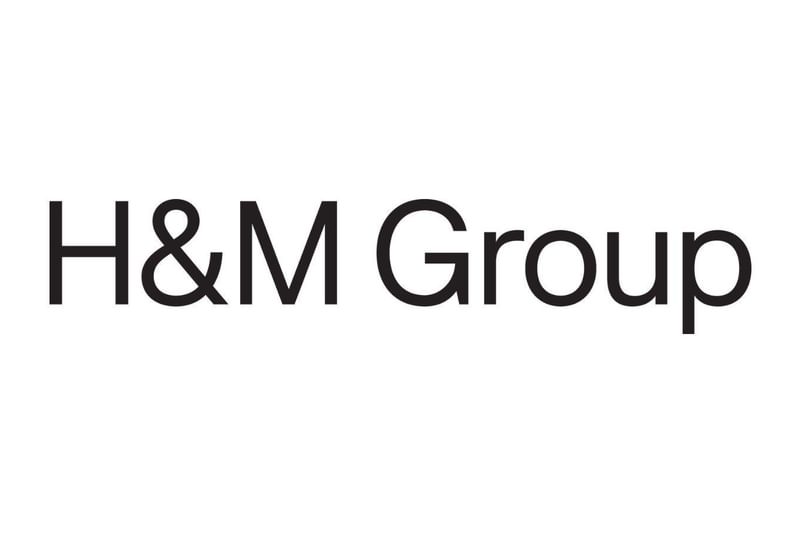
Science-based targets: US power sector trails behind Europe
Sept 15th 2021
18 European power companies have approved science-based targets, compared to just 1 in the US.
The most ambitious European power company targets will result in combined emissions reductions of 303.5 million tonnes by 2030 (scope 1 and 2), more than the total greenhouse gases emitted from Spain last year (272 million tonnes).
Several major US utilities, including Duke Energy, Dominion and Southern Company have self-defined 2050 net zero targets and are currently only reducing emissions by 1-2% a year.
The SBTi is calling on more US and European power companies to urgently set ambitious science-based targets and take immediate climate action.
The Science Based Targets initiative (SBTi), the global body enabling businesses to set emissions reduction targets in line with climate science, is releasing new data today showing that power sector science-based targets are now mainstream in Europe but lagging in the US.
The US is committed to cut emissions 50-52% from 2005 levels by 2030. The Biden administration is also hoping to enact a Clean Energy Standard, which is critical to delivering on the US 2030 target. If passed into law, the goal will be to generate 80% clean electricity by 2030 and 100% by 2035, up from 12% in 2020.
In all IPCC climate scenarios that limit warming to 1.5°C, electricity-related emissions are immediately reduced and the share of electricity in energy consumption grows steadily. This is because the power sector can establish steep emissions reductions, enabled by rapid cost reductions for solar, wind, and storage, expansion of national and subnational goals and demand for clean energy. The decarbonization of power is therefore vital to halving global emissions by 2030 and achieving net-zero before 2050.
Alberto Carrillo Pineda, Managing Director of the SBTi, said: “The science is clear - we must halve global emissions by 2030 and the electricity sector must lead the way. But currently, the European electricity sector is powering ahead of North America. Europe has demonstrated the possibilities, and the US must now deliver an energy revolution that rapidly phases-out coal and gas while turbo-charging the expansion of renewable energy.”
The SBTi is calling on US power companies to urgently follow the lead of those in Europe by setting ambitious and robust science-based targets. Europe is leading the way, while the US has ambitious plans with little demonstrable action. The climate crisis requires immediate and decisive action from the world’s power sector to deliver emissions reductions at the rapid pace and scale required by science.
Europe powering ahead
18 European power companies have approved science-based targets, including all 10 of the largest European utilities. Thirteen have also joined the SBTi’s most ambitious campaign - Business Ambition for 1.5°C. These most ambitious targets will result in combined scope 1 and 2 emissions reductions of 303.5 million tonnes by 2030, more than the total greenhouse gases emitted from Spain last year (272 million tonnes).
Enel, EDP, Iberdrola, Siemens Renewable Energy, Orsted and Verbund all have approved 1.5°C targets and are reducing emissions at an average rate equivalent to 59% over 10 years. Combined, these companies will cut more than 136 million tonnes of emissions by 2030. Siemens Renewable Energy, Orsted and Verbund also all have near-term target dates within the next four years, demonstrating their commitment to urgent climate action.
Major German utility E.On and UK Utility Centrica have committed via the Business Ambition for 1.5°C campaign to set targets in-line with 1.5°C, and French multinational Engie is upgrading its 2°C science-based target in line with 1.5°C. These additional commitments are expected to result in significant additional emissions reductions.
The SBTi is inviting all remaining major European utilities, such as Vattenfall and ENBW to commit to the Business Ambition for 1.5°C campaign to help further accelerate action from Europe’s power sector.
Call to action for US power companies
In the US, NRG Energy is leading the way by demonstrating the possibilities of science-based emissions reductions in the country’s power sector. The company has an approved 1.5°C science-based target, in which it has committed to reduce absolute scope 1 and 2 emissions by 50% by 2025 and 100% by 2050 from a 2014 base year. This means it will cut at least 32 million tonnes of emissions by 2025.
Many major US utilities, including Duke Energy, Dominion and Southern Company have self-defined 2050 net zero targets and are currently only reducing emissions by 1-2% a year.
Recent data shows science-based targets are driving corporate decarbonization - between 2015 and 2020 companies with validated targets cut emissions by 25% compared with an increase of 3.4% in global energy and industrial emissions.
The SBTi data on EU vs US electric utilities is viewable here.
ENDS
Latest News
View News


